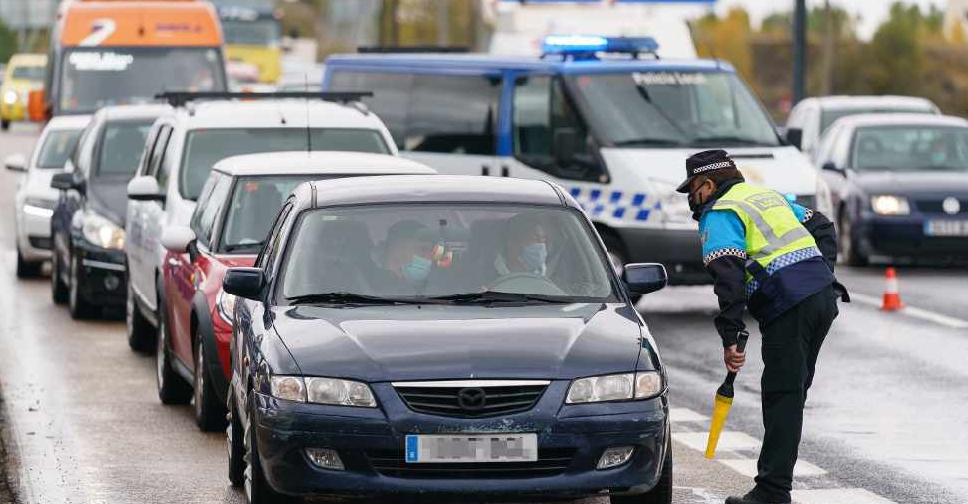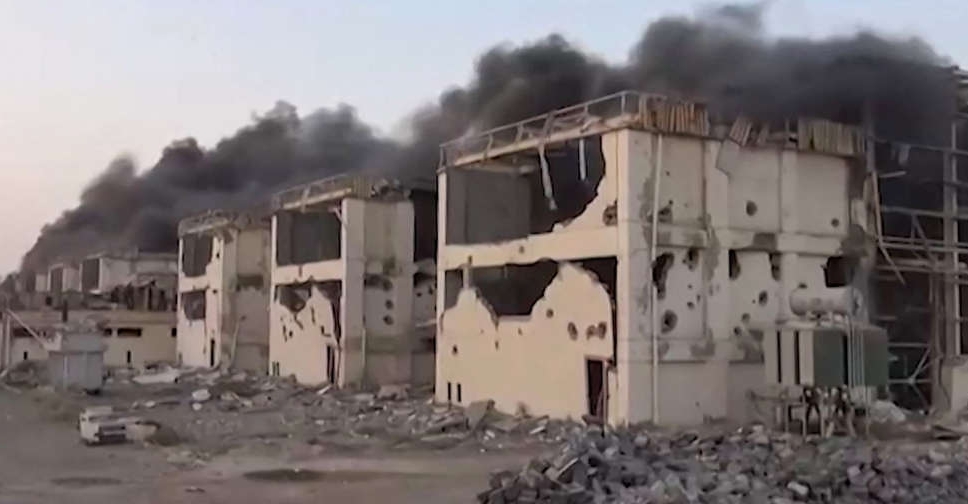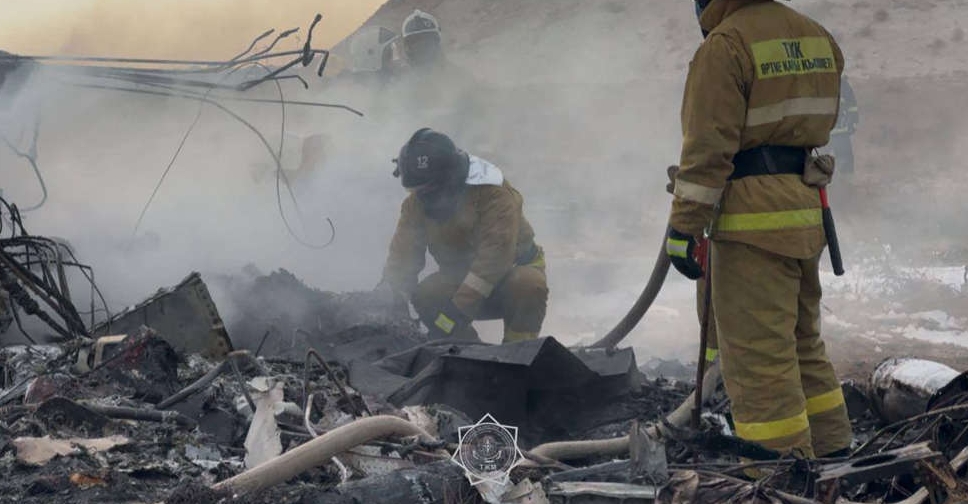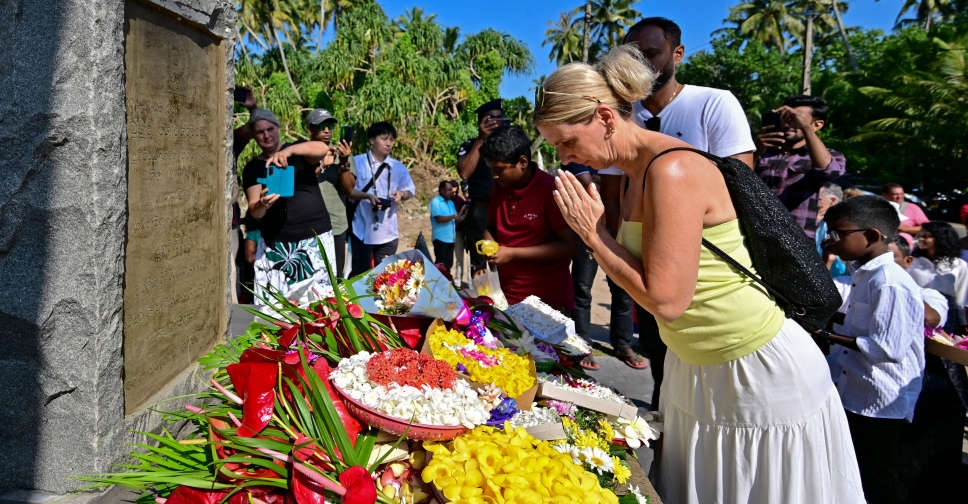
Spanish Prime Minister Pedro Sanchez announced a new state of emergency on Sunday in an effort to curb soaring coronavirus infections.
Local night-time curfews have been imposed and travel has been banned between regions in certain cases.
"We are living in an extreme situation...it is the most serious in the last half-century," he told a news conference following a cabinet meeting.
The measure goes into force from Sunday night and will require all regions except the Canary Islands to impose a night-time curfew.
The state of emergency will need parliamentary approval to last beyond 15 days. Sanchez asked for parliament to approve its extension up to May 9.
A growing number of regions had been calling on the government to implement the measure.
Spain imposed one of the toughest lockdowns early on in the pandemic and then relaxed curbs over the summer.
But like many other European countries it has seen a second wave hit in recent weeks, and now has one of the highest numbers of infections in Western Europe. Total cases rose to 1,046,132 on Friday, while the death toll is nearing 35,000.
The decree will serve as a legal framework to implement a new warning system of levels, similar to the ones already applied in countries such as Germany and France.
According to the level of risk, travelling between regions could be banned if a region decides, except for justified reasons such as working.
Movement could also be restricted within regions in localised lockdowns.
Most of the regions are already above the parameters to be considered at the highest level of risk.



 Israel strikes Yemen airport as WHO chief boards plane
Israel strikes Yemen airport as WHO chief boards plane
 Syria's new rulers declare crackdown as tensions flare in coastal area
Syria's new rulers declare crackdown as tensions flare in coastal area
 Manmohan Singh, India's reluctant prime minister, dies aged 92
Manmohan Singh, India's reluctant prime minister, dies aged 92
 Russian air defence downed Azerbaijan Airlines plane: Sources
Russian air defence downed Azerbaijan Airlines plane: Sources
 Thousands mark 20 years after deadly Indian Ocean tsunami
Thousands mark 20 years after deadly Indian Ocean tsunami







